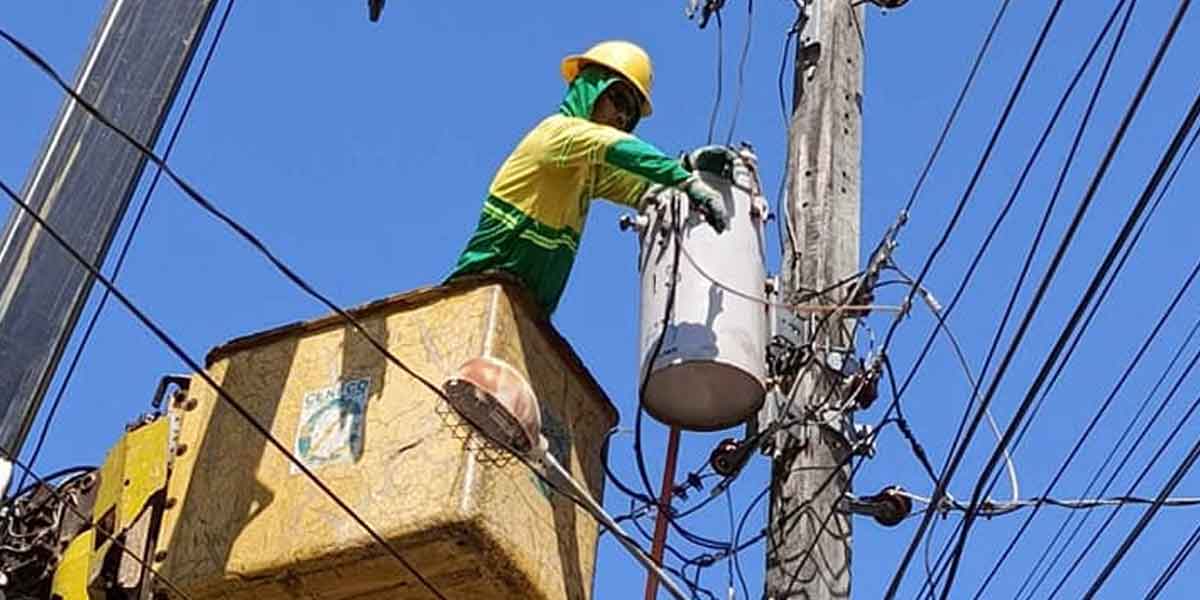
By Joseph B.A. Marzan
The chief executive officer (CEO) and so-called “uplines” of Chiyuto Creative Wealth Document Facilitation Services (CCWDFS) in Roxas City, Capiz may be liable for syndicated estafa, a lawyer suggested.
CCWDFS was recently hit by a revocation order by the Securities and Exchange Commission (SEC) for violating the Revised Corporation Code, and an additional P9-million fine for violation of the Securities Regulation Code.
Lawyer and Daily Guardian columnist Eduardo T. Reyes III told Daily Guardian on Air that it was possible to charge CCWDFS CEO Patrocenio Chiyuto and other people involved for the crime of syndicated estafa in violation of Presidential Decree (PD) No. 1689.
Section 1 of PD 1689 sets the elements of syndicated estafa:
– it must be committed by five or more persons;
– the group was formed with the intention of carrying out the unlawful or illegal act, transaction, enterprise or scheme; and
– the crime (or defraudation) results in in the misappropriation of money contributed by stockholders, or members of rural banks, cooperative, “samahang nayon(s)”, or farmers associations, or of funds solicited by corporations/associations from the general public.
The specific acts which make up the crime or defraudation punishable in syndicated estafa are in Articles 315 and 316 of the Revised Penal Code, as amended.
Reyes emphasized that all persons who had been involved must have knowingly committed the said crime to deceive the public.
“When we say syndicate, all of them must be into the conspiracy, they have free conceived knowledge to defraud the public, which leads to the third element that they are selling investments, or there is a promise of reward that their money come back double or triple, and this offer is not offered to any specific person, it is offered to the general public, meaning anybody can just go to their office or call them to invest,” Reyes explained.
He also explained the distinction between the crime of estafa and the legal act of taking loans, which are differentiated by the intent to deceive, abusing the confidence of investors.
“The act performed by the perpetrator in estafa are by means of deceit or abuse of confidence, because that is the one distinction of estafa from loan. Loans have no deceit, are purely borrowing money, but if there is deceit, then that applies estafa in general terms,” the lawyer said.
He likewise shared some personal knowledge through his experience handling cases involving Ponzi schemes, which are at the core of the allegations surrounding CCWDFS and its owner.
“Part of the role of early investors is to look for more investors, that is why the base at the bottom gets bigger. It sharpens at the top because it is only few at the top. That’s why early investors will get their money back. Early investors who got their money back have no cause of action, they cannot file cases. But the problem is, with respect to those at the bottom of the pyramid, if they cannot get their money back, then estafa is committed against them because they were lied to,” Reyes shared.
Reyes added that it would be difficult for the complainants to establish that “uplines” of the scheme were willing perpetrators to the crime.
“Now in the question of who is liable, our criminal law is strictly personal in nature, that’s why the uplines must have personal knowledge on how the scheme will be implemented. That is the heavy burden of the prosecution. They have to prove that the upline has personal knowledge, and they participated by not only mechanically implementing the scheme, but they have personal knowledge, which is hard to prove, but it can be seen through actions and words,” he added.
Reyes noted that one of the most important aspects to fulfill the elements required in punishing the crime of estafa, whether simple or syndicated in nature, is to prove that no money had been returned to the complainant.
“The way I see it, estafa, whether syndicated or simple, is always based on the concurrence of elements present, or if the ingredients are complete. So, estafa will only be committed if there is already proof that whoever paid their money did not get their money back. That is the most important element for the public or investors to be able to claim,” he said.
He suggested that Chiyuto’s victims should group together to file a class suit so they can prove the element of “general public” as provided for in Sec. 1 of PD No. 1689.
“For what I know from previous experience as a litigation lawyer, there have been many Ponzi schemes implemented in the past, and the option of the victim is to file a class suit. They can group themselves together so they can prove the scheme was not only implemented on one person but to many so that the element of ‘general public’ in syndicated estafa can be proved,” he said.
If the perpetrator has fled the country, however, Reyes suggested that complainants can seek a writ of preliminary attachment at the earliest opportunity, so they may be able to get hold of the properties.
Chiyuto’ earlier promised “investors” that he would not flee the country.
“The options are, if its criminal liability, and it’s outside of the jurisdiction of the Philippines, our courts would have no jurisdiction. The only concern of the victim is for their money to return. The Rules of Court has a remedy called preliminary attachment. If that is granted by the court, the sheriff will be authorized by the court on all attachments. He will go through all bank accounts, real or personal properties of any person who is responsible, and he can attach it under custody. So that when the case is finished, that can be used. The timing is important that the assets of the suspects are not disposed,” Reyes explained.
As to the issuance of a license to operate by the local government, he said that they may only be liable if they are found to have violated the general welfare clause found in Sec. 16 of Rep. Act No. 7160 (Local Government Code of 1991, as amended).
“All local governments under the Local Government Code, have the primordial duty to protect the general welfare. Before, our government was centralized, but when the Local Government Code was enacted in 1991, there was a devolution, the powers of the local governments were strengthened. Hypothetically, if they violate the general welfare clause, even the political subdivisions or local government units may have liability,” he said.




















